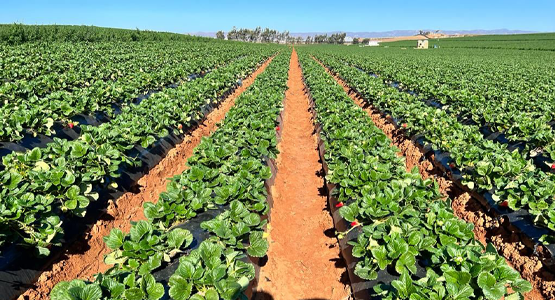Environmentally sensitive operations
Ensuring that our operations are sustainable is important to Plant Health Care. We have taken strides to identify and implement specific environmental initiatives and to imbed a culture of environmental sustainability across all our operations. In our Research and Development facility in Seattle, Washington, these initiatives take many forms, including mandatory recycling and composting of food waste, composting waste from manufacturing, and washing and reusing laboratory supplies. Producing our products by fermentation generates large volumes of wastewater but rather than discharge this byproduct into the municipal wastewater system, we evaporate the excess water which is then discharged as harmless steam.
Our products are packaged in cartons and dividers that are made from recycled paper, as well as being recyclable. We continue efforts to find a vendor that can provide moisture-impermeable packaging made of recyclable materials which will protect our products during shipping and storage. In our offices we recycle cans, bottles, paper and cardboard. We recently moved our corporate headquarters to a pedestrian-friendly location in Holly Springs, North Carolina, thereby reducing automobile usage by employees and its associated carbon emissions. Our new headquarters employs a variety of energy savings enhancements, including motion sensor lighting, high-efficiency windows and heat pumps, and reflective TPO roofing which saves electricity that would otherwise be used for cooling. Recycling of office paper in our Holly Springs office resulted in savings equivalent to thirty-nine trees over the last year.

Regulatory
Agriculture as a sector is exposed to the impacts of climate change, from global temperature increase to more frequent adverse weather events. As suppliers to this sector, Plant Health Care is aware of the impacts of climate-related risks and opportunities on our business. The UK has made it mandatory for premium listed companies to disclose their exposure to climate-related risks under the Task Force on Climate-Related Financial Disclosures (“TCFD”) regulation. Other countries are considering similar measures. As such, the evolving requirements around disclosure of potential climate-related risks on our business will be an area that we monitor closely over the coming years.
We will continue to explore strategies to reduce the carbon footprint from our operations, including giving preference to those manufacturing partners that employ forward-thinking waste-minimization initiatives.



